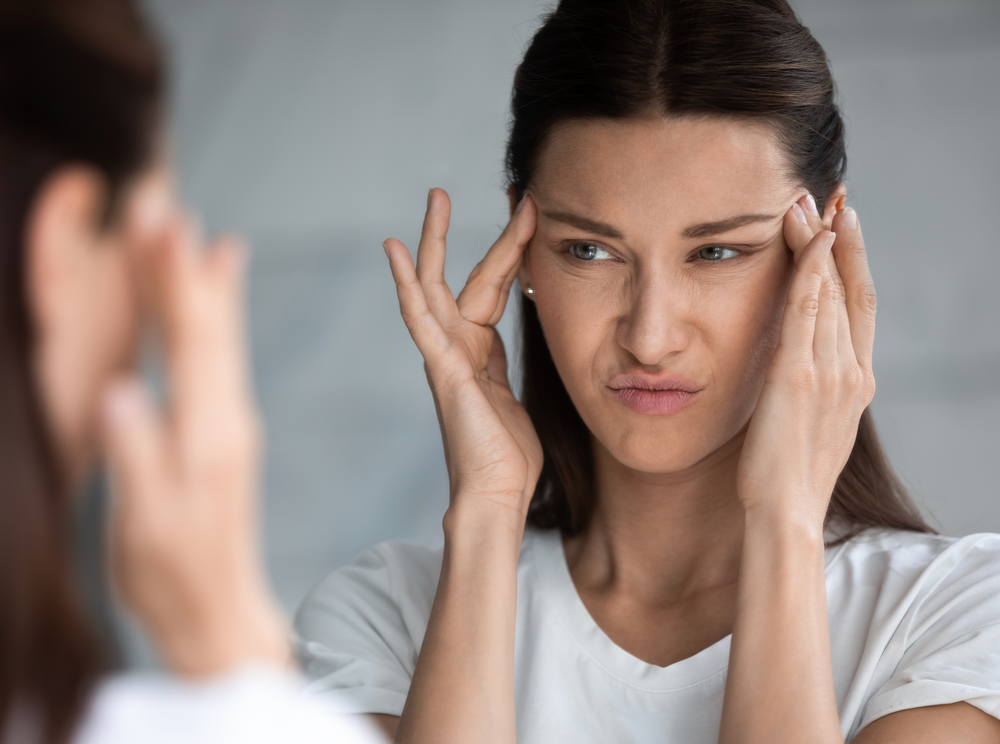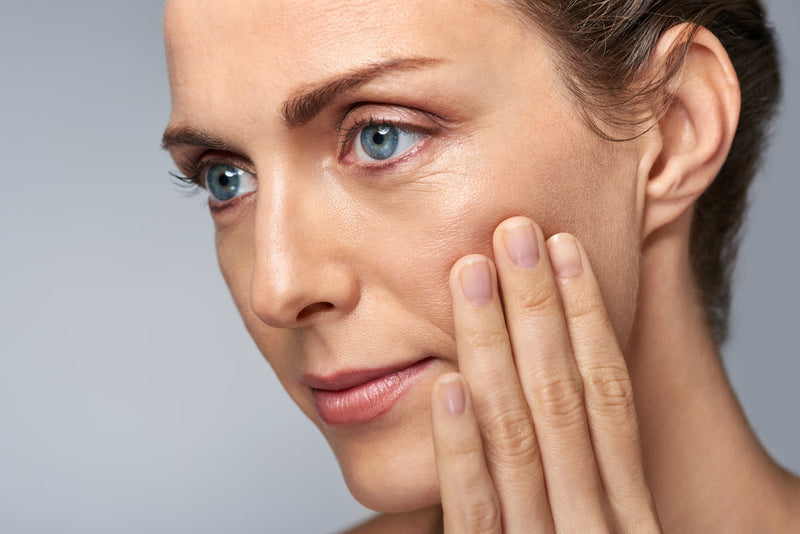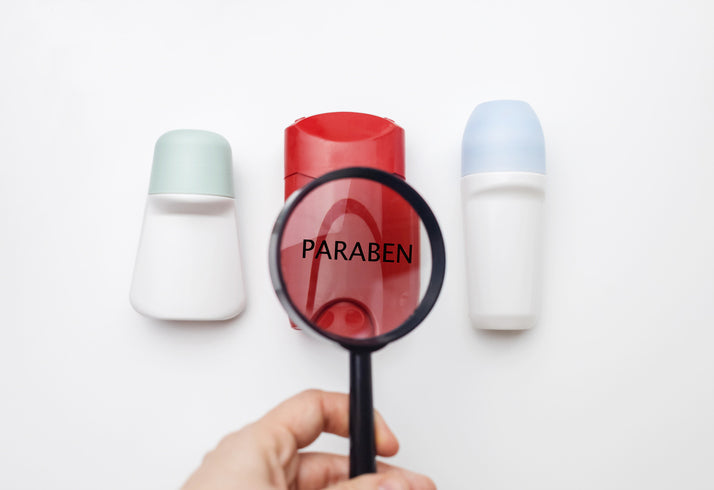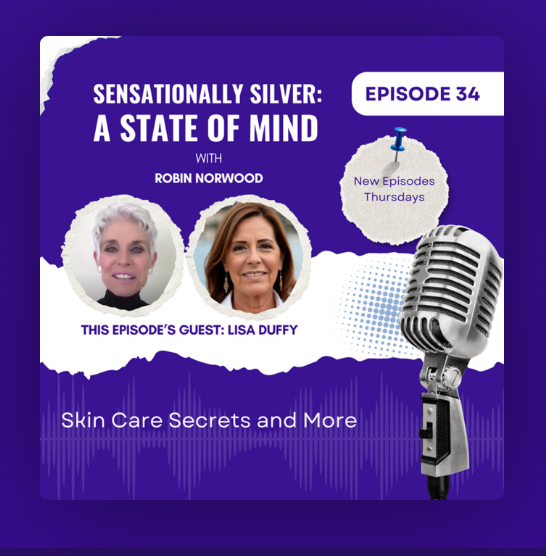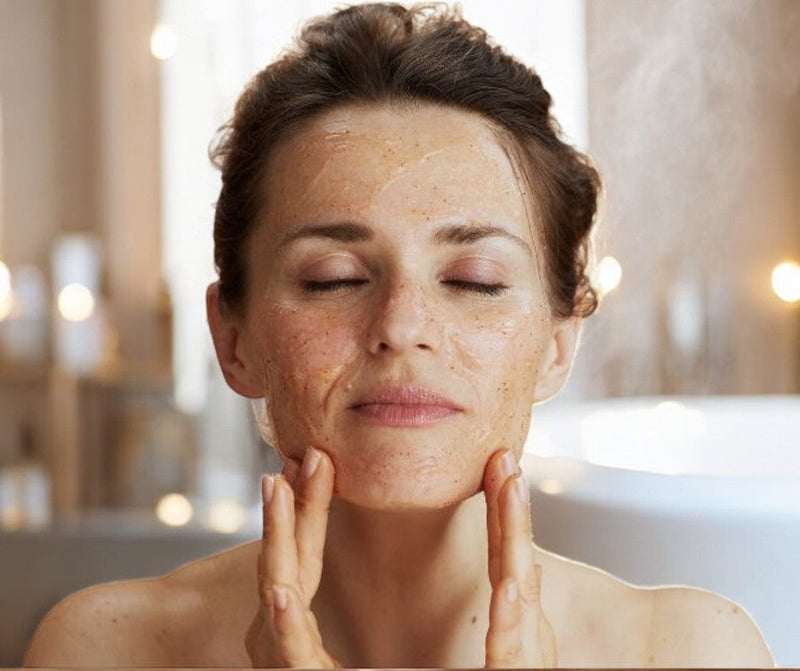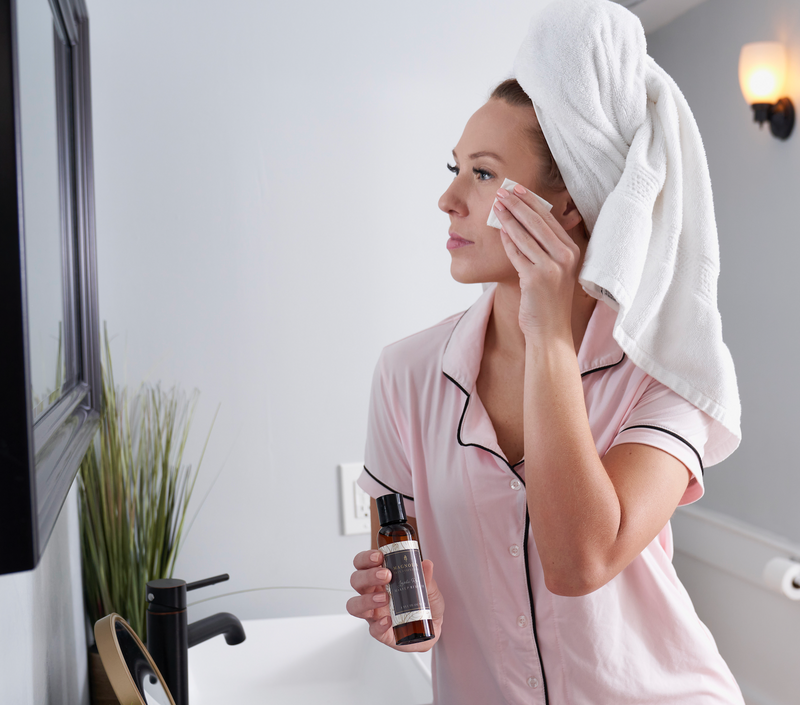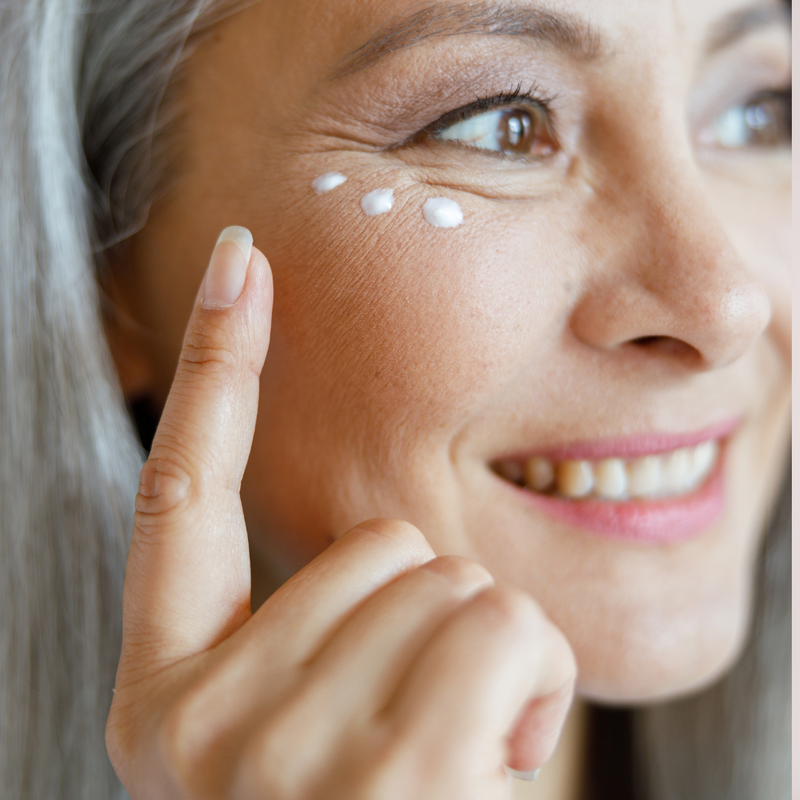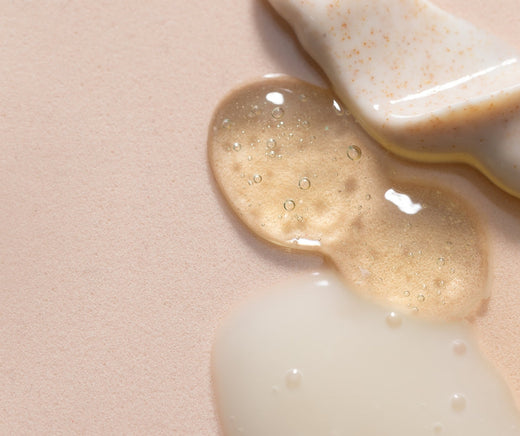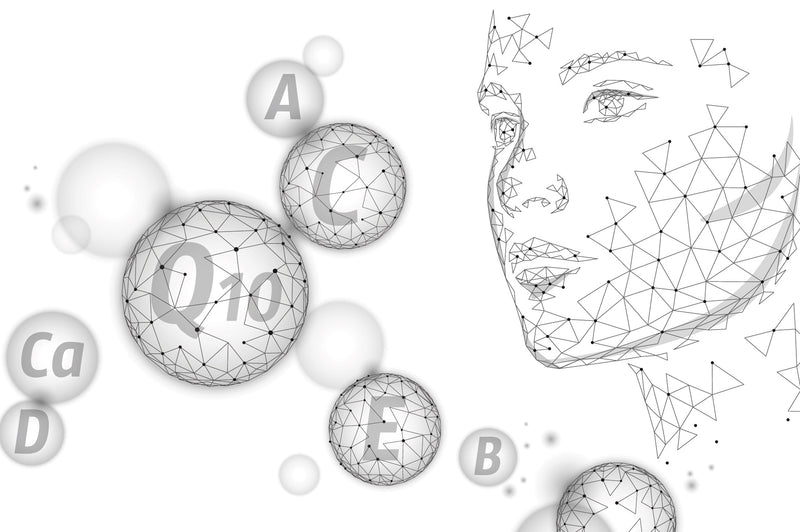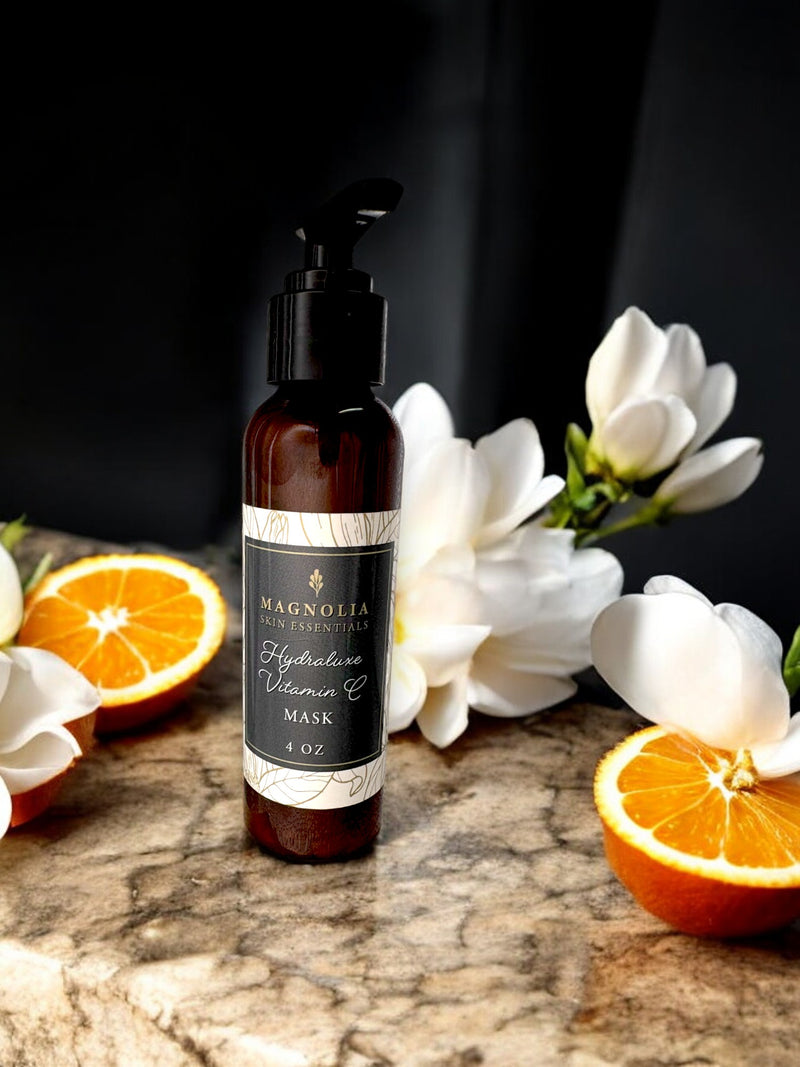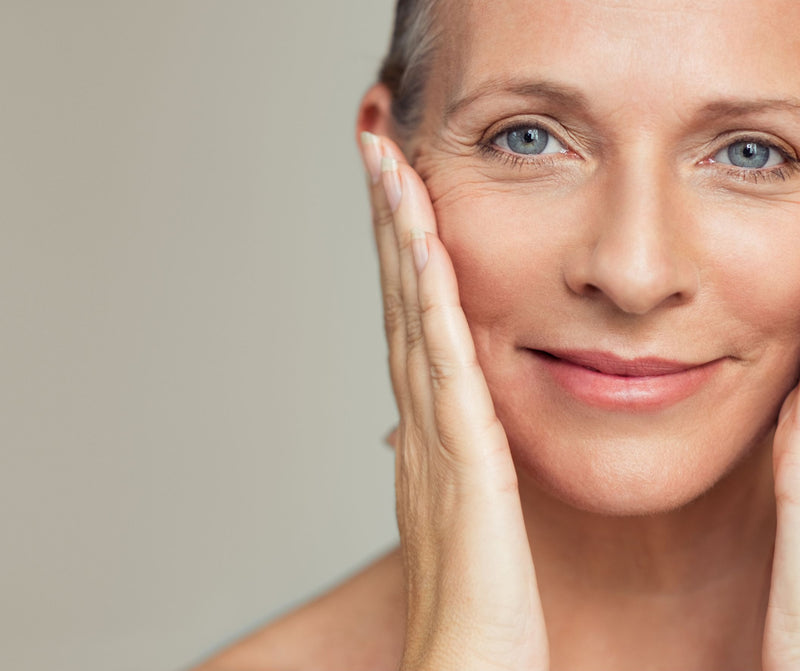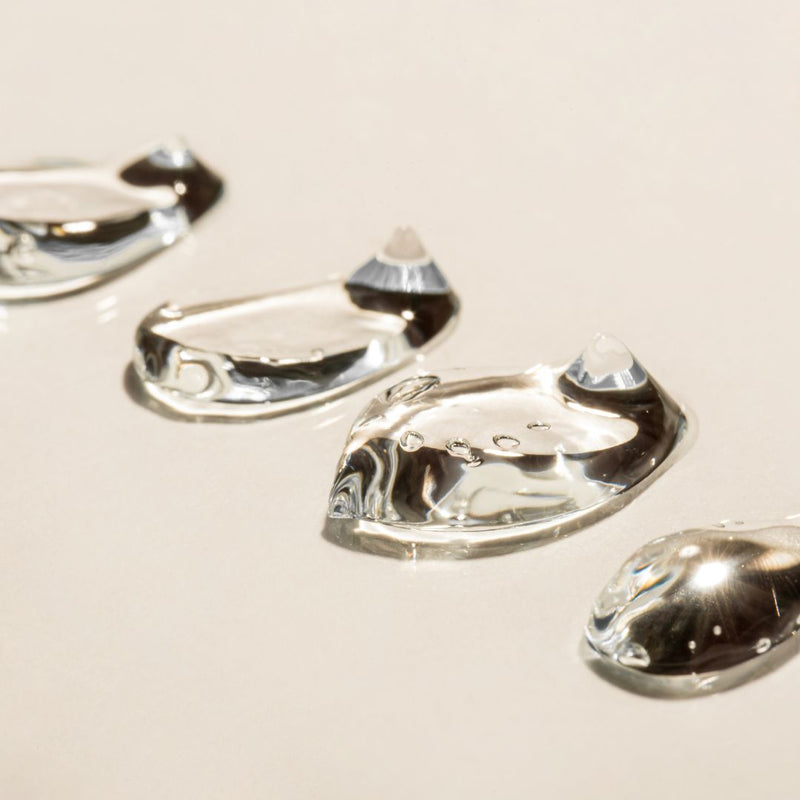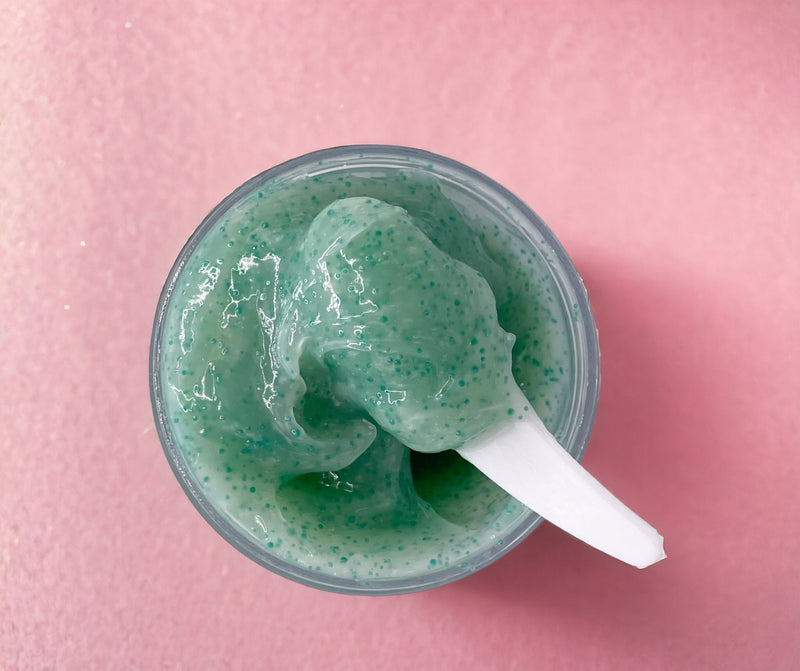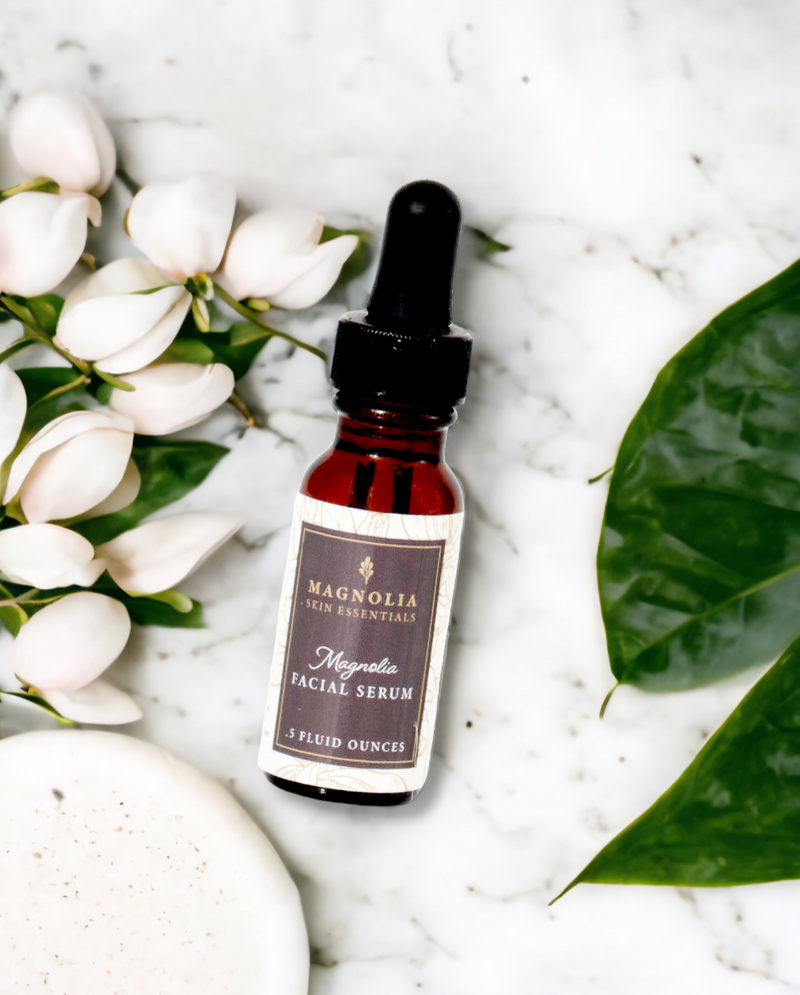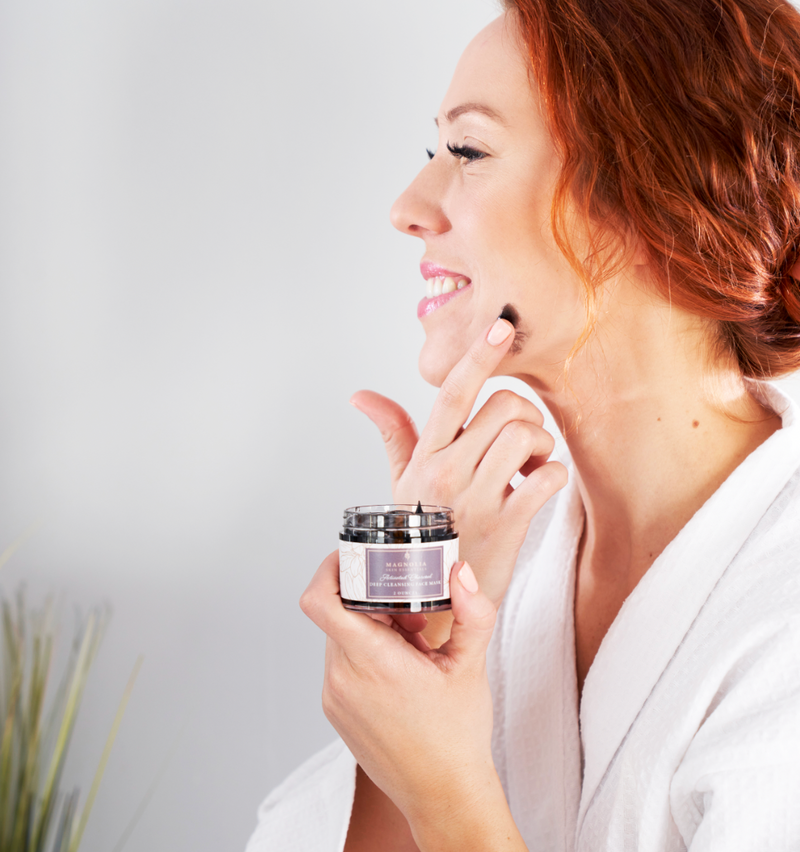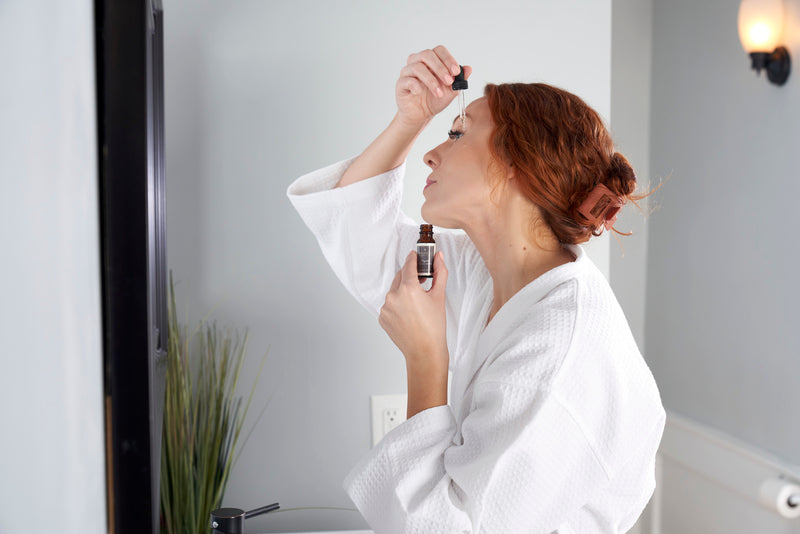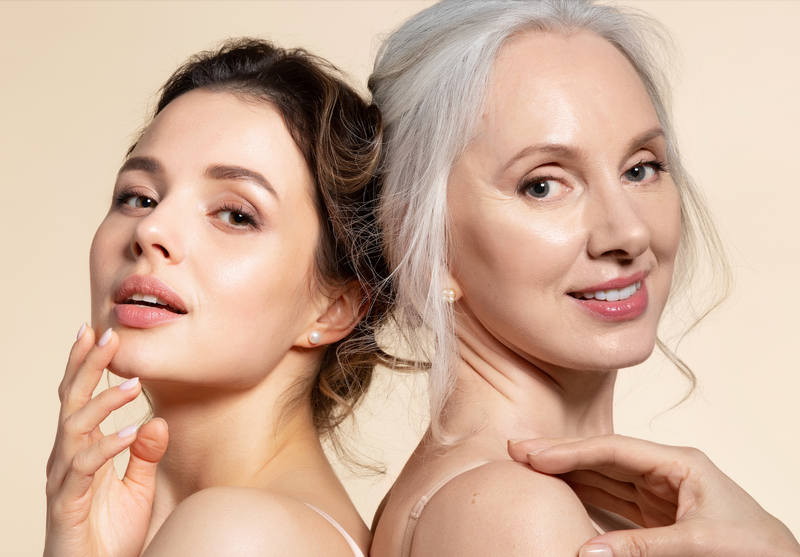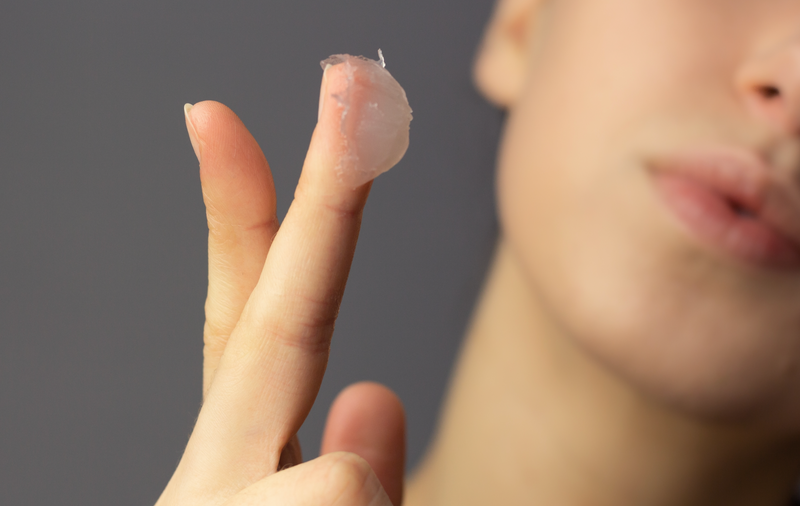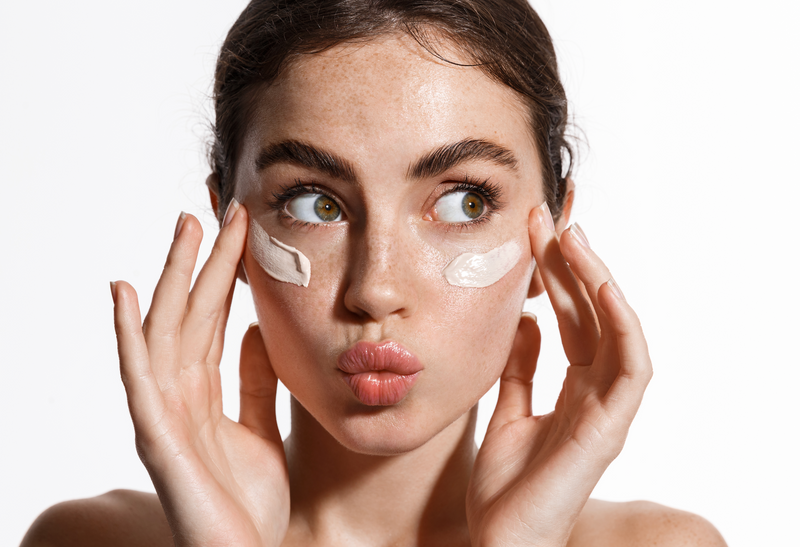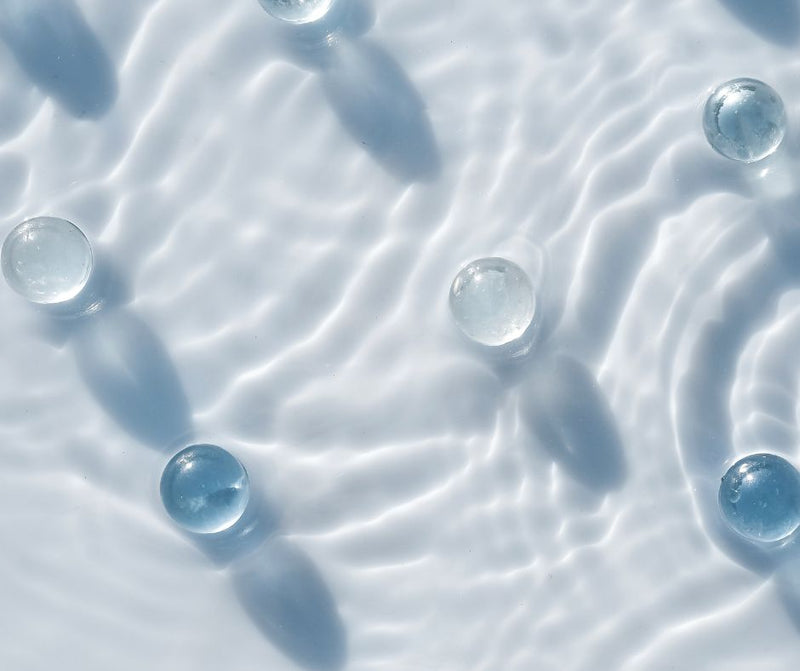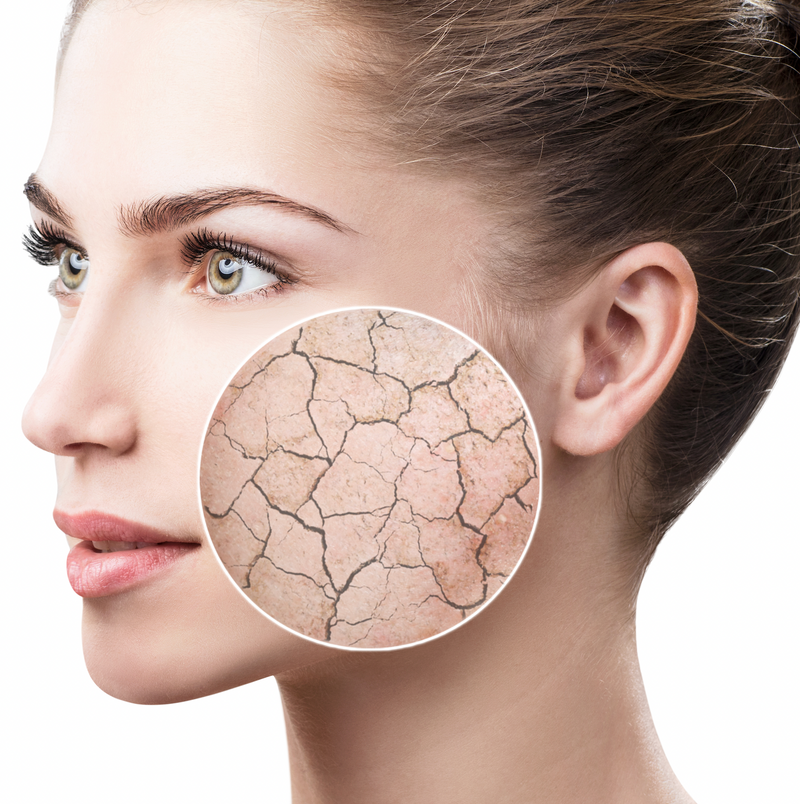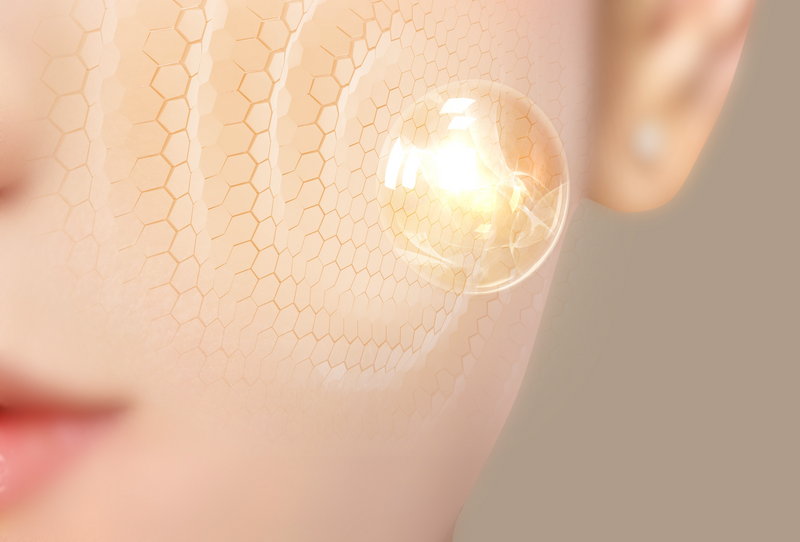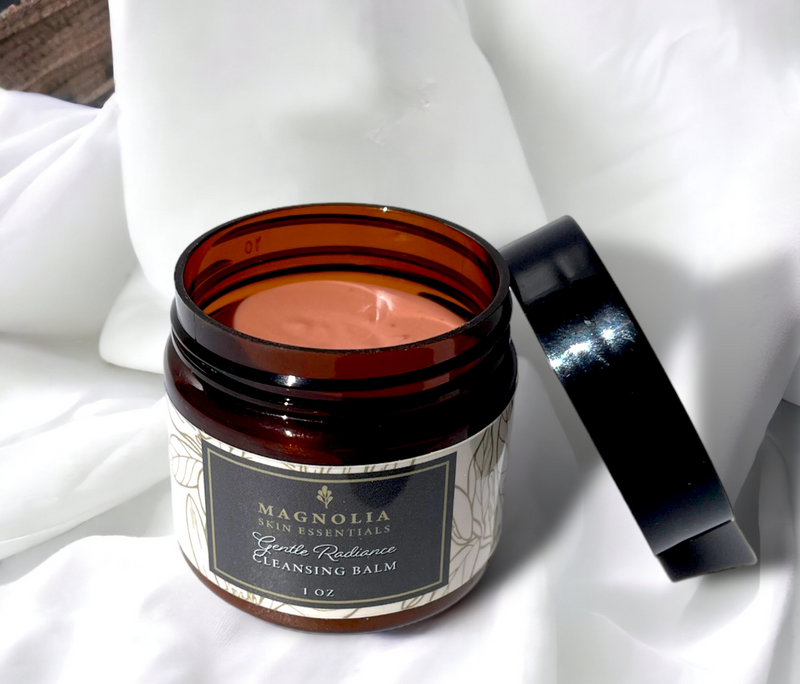Why does my face sting? Ouch!
This is a question that has different answers involving everything from allergic reactions to expired skincare products, and more. If you’re a woman with mature skin, the answer still could be one of the aforementioned reasons, but it also could be due to the aging process.
There are lots of upsides that come with being older, like wisdom and experience, personal strength, and oftentimes better salaries. But one of the downsides is that, as we age, our skin undergoes a multitude of changes we don’t like. One of the most common is an increased sensitivity to skincare products. This can be a frustrating and confusing issue to deal with, but understanding why it happens can help you take steps to protect your skin and choose the right products.
3 Common Reasons Why It Might Be You
There are a few key reasons why facial skin becomes more sensitive as we age. One factor is a decrease in natural oils and moisture, which can leave the skin feeling dry, tight, and easily irritated. According to Dr. Steven Q. Wang, a board certified dermatologist at Memorial Sloan-Kettering Cancer Center: "As we age, our ability to synthesize natural oils and lipids is decreased. Those lipids and oils are the cement that holds the skin cells and proteins together. In addition, our skin becomes naturally dry and flaky as we age, which can make the skin “leaky.” (Why Does My Lotion Burn And Sting My Face?, Dr. Wang Skincare Education Team, Apr 26, 2018) When our skin doesn’t work the way it should because of aging, the likelihood of reactions to skincare ingredients is high.
Another factor is that aging skin is thinner, less elastic, and drier, making it more susceptible to irritation. As we grow older, our skin is affected by things like menopause, which contributes to the breakdown of collagen and elastin fibers and the thinning of the fatty layer of tissue under the skin.
Exposure to environmental stressors such as pollution and UV rays can further exacerbate skin sensitivity. Our skin's ability to protect itself from environmental aggressors declines as we age, and this can lead to increased sensitivity.
Some Reasons Why It Might Not Be You
All of this is true, however, particular skincare ingredients are also culprits. Vitamin C and Retinol products are known to cause skin irritations. Also, expired skincare products will also cause stinging and other bad reactions. So, what can you do to protect your sensitive skin as you age?
Select skincare products that are formulated for sensitive skin and free of harsh ingredients like alcohol, fragrances, and sulfates. Look for gentle, nourishing ingredients like hyaluronic acid, ceramides, and antioxidants.
Be careful with your Vitamin C and Retinol products. Maybe start with a low dose and work your way up.
Make sure you check the expiration date of a product before you purchase it, as many of them have been sitting on a shelf for a long time. If you’re shopping at a store like Ulta, Sephora, or a department store counter, you can always ask for help with if you don’t know where to find it.
Conclusion
In summary, as we age, our skin becomes more sensitive. This is due to a decrease in thickness and density, a decrease in natural oils and moisture, and increased exposure to environmental stressors. But it’s important to thoroughly check out the products you’re buying as well as practice good skincare habits, such as avoiding hot water and harsh scrubbing, and wearing sunscreen every day to protect your skin from UV damage. By choosing gentle, nourishing skincare products, and practicing good skincare habits, you can protect your sensitive skin and keep it looking and feeling its best.

